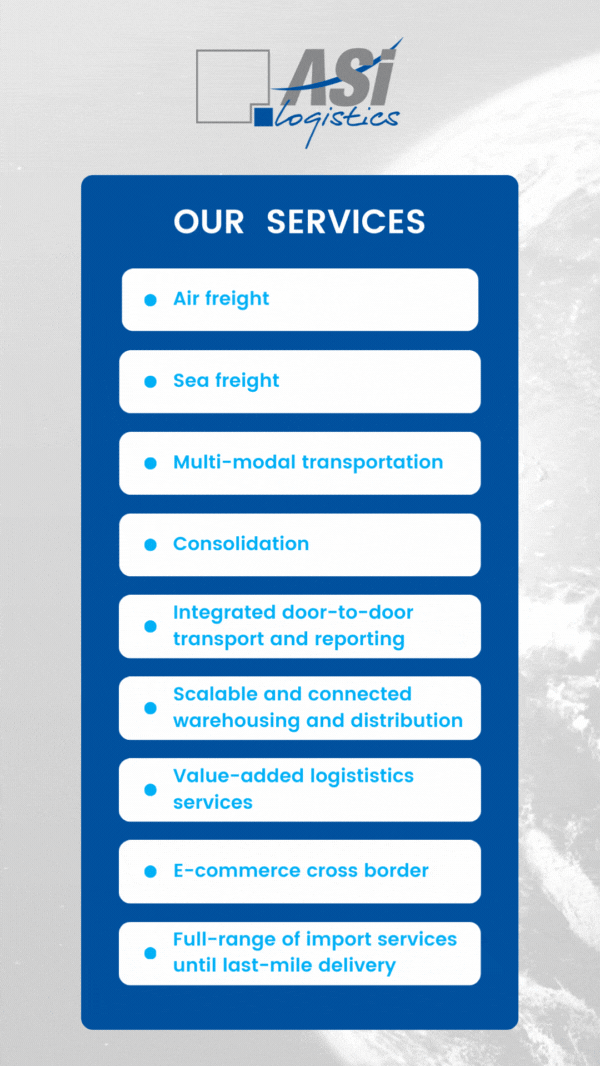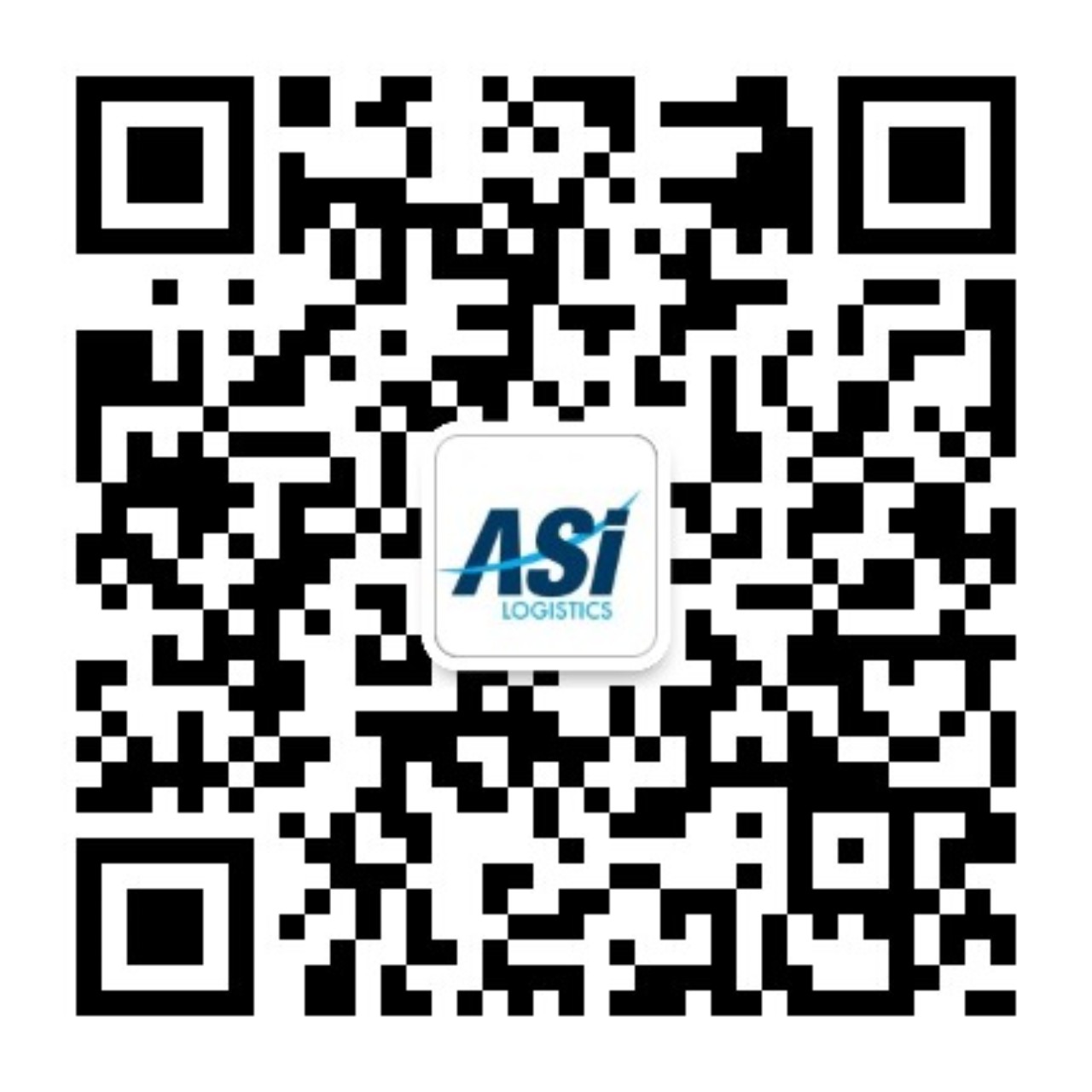Discover the most interesting takeouts from Wall Street Journals' latest insights on the logistics sector and how it can impact one's business.
All the below content belongs to the Wall Street Journals, ASI Logistics claims no right to the following content.
Trade War Disruptions

The threat of a trade war is helping reset supply chains as exporters in some countries find opportunities amid the disruption. Most Asia-Pacific nations support removing trade barriers, the WSJ reports, even as many are finding short-term opportunities to attract manufacturing exporters seeking to avoid U.S. tariffs on Chinese products.
The trade battle is accelerating a trend of manufacturing shifting from China to Southeast Asia. In Brazil, soybean farmers exported 10 million metric tons more oil seeds than forecast last year. Japan’s automakers would stand to gain if the U.S. and China imposed reciprocal car tariffs. Still, many businesses say they prefer predictability and are eager to see the dispute end. For Southeast Asia’s manufacturing and shipping businesses, supply-chain disruptions and slower global growth are a larger threat. Logistics and transportation networks have contributed increasingly to the region’s economy as container-port traffic has expanded there in recent years.
Suppliers Raise Prices

Higher prices are moving through supply chains toward consumers amid signs that last year’s skyrocketing transportation costs are coming back to earth. Suppliers of household staples like diapers to toilet paper are raising prices again this year after hiking prices in 2018, the WSJ’s Aisha Al-Muslim writes, hoping to offset rising commodity prices and boost profits.
The new increases may revive a supply chain tug-of-war over prices from last year when suppliers sought to pass along rising costs while retailers worried about a consumer backlash.
Shoppers have accepted some of those higher prices for consumer staples, however, and in the meantime, some logistics costs appear to be receding. Measures of trucking rates have been slipping this year as capacity has grown ahead of demand. Todd Tranausky of research group FTR says lower fuel costs and rising capacity signal “a much better 2019 than shippers expected during much of 2018.”
Shoppers Skip Malls

Mall retailers and department stores are finding it’s getting harder to grow without a top-notch e-commerce operation. Macy’s Inc., Kohl’s Corp., J.C. Penney Co., and L Brands reported weaker-than-expected sales in December, the WSJ’s Sarah Nassauer writes, capping a holiday sales season that showed retailers moving in two very different directions.
Amazon.com Inc. gobbled up market share as more shoppers turned away from traditional department stores and malls. However, retailers Target Corp., Costco Wholesale Corp., and Walmart Inc. reported strong sales, a result of work to attract more shoppers online and investments in store operations like e-commerce pickup and delivery.
Macy’s has updated some stores, adding a better assortment of merchandise and technology, but its older stores appear overstocked and even gloomy to many shoppers. “The traditional department stores’ days are numbered unless they change radically,” one analyst said.
Huawei's Exports Blocked
U.S. regulators are putting up another roadblock in Huawei Technologies Co.’s supply chain. The Chinese telecommunications giant can no longer ship certain technologies from its Silicon Valley research-and-development unit after the Commerce Department signaled it wouldn’t renew an export license over security concerns, the WSJ’s Dan Strumpf and Kate O’Keeffe report. The license covered the export of telecommunications technology and software, including high-speed data-transfer technology made by Futurewei Technologies Inc. in Santa Clara, Calif. Huawei has been blocked from selling its telecommunications equipment in the U.S. since it was labeled a national security threat in 2012. The U.S. has pressured allies to keep Huawei equipment out of their networks, and Huawei faces bans on its 5G equipment in several countries. Futurewei will still be able to ship most of the other goods made at its U.S. operation, however, because they don’t require an export license.
No matter the context, ASI Logistics, strong with 15 years of expertise, provides you with the most adapted logistic solution to fit your needs and ensure you enjoy the benefits of smooth operations.
Thanks to our seven offices, including six conveniently located on China's east coast logistic hubs (Shanghai, Qingdao, Xiamen, Ningbo, and Hong Kong), its two branches in Ho Chi Minh City, Vietnam, and Phnom Penh, Cambodia, and its worldwide network of logistic experts, ASI Logistics accompanies you at every step of your product's journey from, to and within Asia.
Our Values

Get in touch with our teams!
Contact Us

